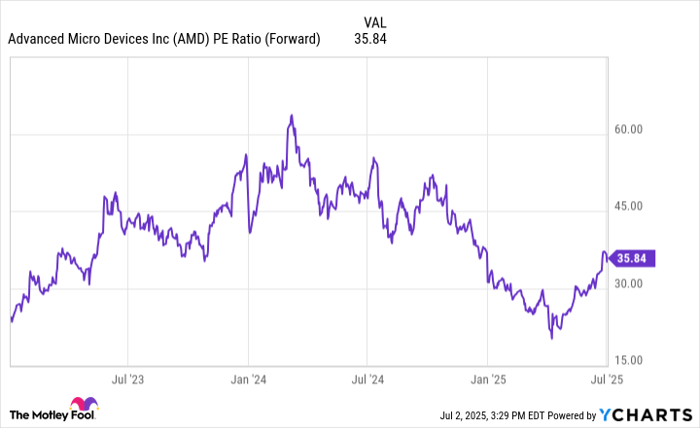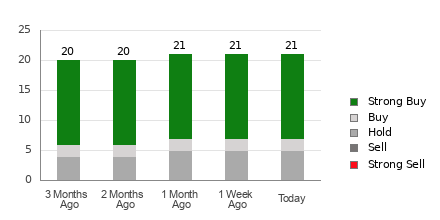Warren Buffett recently unveiled his “secret” stock via a regulatory filing, and the company is none other than insurance giant Chubb (CB). Buffett’s Berkshire Hathaway (BRK.A) (BRK.B) has purchased 26 million shares of Chubb for $6.7 billion, which means it is the investment company’s ninth-largest holding. Chubb is a Zurich-based property and casualty company valued at a market cap of $107 billion.
Back in 2016, Chubb was acquired by Insurer Ace for $29.5 billion in a cash and stock deal. The combined entity adopted the Chubb name, and has returned close to 150% in the last eight years, after adjusting for dividends.

Berkshire Hathaway has a sizeable footprint in the insurance industry, which includes auto insurance giant Geico and reinsurance heavyweight General Re, in addition to other life and home issuance companies. In 2022, Berkshire acquired insurance company Alleghany for $11.6 billion, and recently exited positions in Globe Life (GL) and Markel (MKL), which are also part of this sector.
Let’s see why Warren Buffett has such an affinity towards insurance businesses, and whether it makes sense to invest in Chubb right now.
The Insurance Industry is Recession-Resistant
In the late 1960s, Berkshire acquired National Indemnity Insurance, a pivotal moment in the company’s history. The insurance business is low-margin, but fairly recession-proof. For example, companies need to accurately price policies, after accounting for risks, to ensure they have enough liquidity to pay policyholders while generating consistent profits.
There is a time lag between collecting insurance premiums and paying out a claim, which means companies in this industry basically have access to interest-free capital that can be invested in asset classes such as treasury bills, stocks, and bonds.
Investors can use the combined ratio to analyze insurance companies’ performance. On average, insurers’ combined ratio is close to 100%, which suggests they are barely profitable. Chubb’s diversified business across insurance verticals such as commercial property and casualty, auto, homeowner’s, accident and health, and agriculture means its combined ratio is much lower, at 91%.
Insurers need to increase their premiums to offset headwinds such as inflation and rising costs. In recent years, factors like inflation and higher claims due to COVID-19 have caused insurers to wrestle with lower earnings. In 2023, insurers took their biggest underwriting Q1 loss in more than a decade, forcing them to raise prices. Since 2021, Chubb’s net written premiums have increased by 40%.
Higher interest rates have allowed insurance companies to benefit from higher net interest income. In 2023, Chubb’s net investment income rose by 32% year over year to $4.9 billion. Due to its resilient cash flows, Chubb pays shareholders an annual dividend of $3.64 per share, indicating a forward yield of 1.4%. These payouts have risen 7.8% annually in the last two decades.
What Is the Target Price for Chubb Stock?
Out of the 20 analysts tracking CB stock, seven recommend “strong buy,” two recommend “moderate buy,” 10 recommend “hold,” and one recommends “moderate sell.” The mean target price for CB stock is $266, which is nearly flat with the current trading price.

Chubb is forecast to report earnings of $21.21 per share in 2024, and analysts expect earnings to grow by 17.7% annually in the next five years. So, Chubb stock should end 2028 with earnings of $45 per share. Today, CB stock is priced at 12.2 times forward earnings. If the insurance company maintains its multiple, it will trade around $550 by May 2028, indicating an upside potential of 108% from current levels.
On the date of publication, Aditya Raghunath did not have (either directly or indirectly) positions in any of the securities mentioned in this article. All information and data in this article is solely for informational purposes. For more information please view the Barchart Disclosure Policy here.
The views and opinions expressed herein are the views and opinions of the author and do not necessarily reflect those of Nasdaq, Inc.









